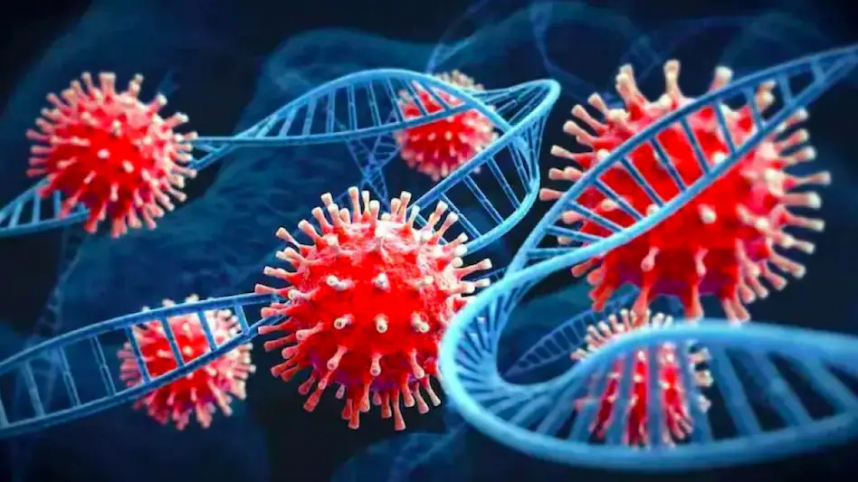
The World Health Organization said on Monday it is tracking a few dozen cases of two new sub-variants of the highly transmissible Omicron strain of the coronavirus to assess whether they are more infectious or dangerous.
It has added BA.4 and BA.5, sister variants of the original BA.1 Omicron variant, to its list for monitoring. It is already tracking BA.1 and BA.2 - now globally dominant - as well as BA.1.1 and BA.3.
The WHO said it had begun tracking them because of their "additional mutations that need to be further studied to understand their impact on immune escape potential".
Viruses mutate all the time but only some mutations affect their ability to spread or evade prior immunity from vaccination or infection, or the severity of disease they cause.
For instance, BA.2 now represents nearly 94% of all sequenced cases and is more transmissible than its siblings, but the evidence so far suggests it is no more likely to cause severe disease.